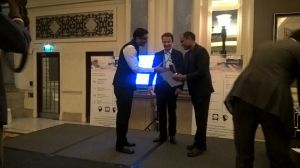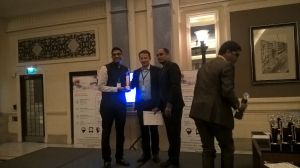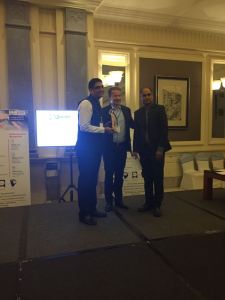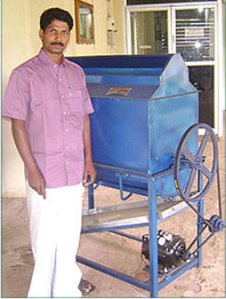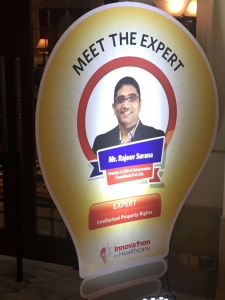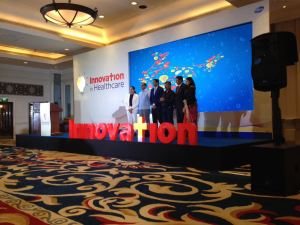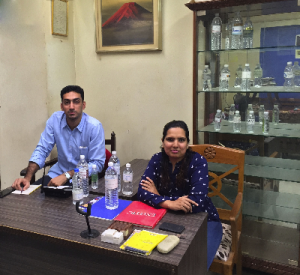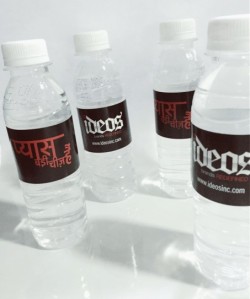Marine food is a staple diet for a sizeable chunk of non-vegetarians in India. There has been a concern on quality of sea food, especially, salmon, mackerel and tuna, as well as oysters, shrimps and crabs. Consuming unsafe sea food can result in a range of health hazards including nausea, food poisoning and liver damage. Albert Williams of Chennai has come up with a novel, low-cost pressure canner for canning fish. Using this innovative fish canner freshly caught marine and river fish can be canned before they are offered for sale by small scale fish eateries in coastal areas. The innovative aspect of this device is that it uses unique healthcare technology to preserve the nutritive value of fish which are otherwise lost during canning. In addition to this, the device is priced at very competitive rates, much lower than branded pressure canners available in the market.
The canner is ideal for processing low acid fish which are currently being sold at small outlets in coastal areas without any preservation techniques. Unlike huge supermarkets, these small businessmen lack the resources to go in for adopting sophisticated technology to preserve fish. Albert’s fish canner comes handy for these businessmen. Freshly caught fish is manually cleaned and is loaded into the canner. The canner has the capacity to change heating levels according to altitude of the place where it used. This means that the canner is not restricted to be used only in coastal areas, but also can be used in any other area, including hilly areas.
There are a number of pints inside the canner in many sizes. The sizes of the pints can be altered according to need. There is a small pressure knob that acts like an indicator of pressure that will be used. Water is added to the canner, depending on the type of fish. The canner is layered with steam vents throughout its insides so that hot steam percolates from the sides and processes the fish that is loaded. A low weight rack facilitates smooth placement of the pints and allows for steam to flow freely.
The canner comes in three sizes – small, medium and big. Williams has secured orders not only from direct sellers but also from super markets as well as from individual customers who wish to do home canning of fish. Its portability and low cost makes it much sought-after even from out station sea food restaurants. The product is offered even on deferred payment, depending on numbers ordered. With innovative technology and health conscious initiative, Williams hopes to bag bog orders in 2017.
